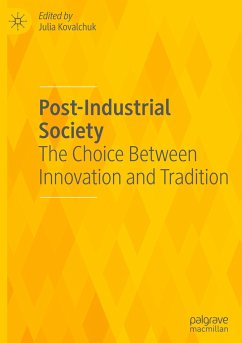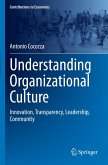This book offers a critical and comparative understanding of post-industrial development, highlighting the driving forces and limitations, strategies, sources of funding, tools and technologies for its implementation. It presents the results of research on the formation and functioning of post-industrial development institutions in developed countries and developing countries as integral elements of the national innovation system, and implementation of economic modernization and transformation of business models taking into account contradictions between modern productive forces and getting out of date production relations. This book also explores the widespread impact of new technologies on various areas of modern society, which is often impaired by its conservatism.
Comprising contributions from experts across various disciplines including economics, public administration, law, and psychology, this book provides a comprehensive overview of the opportunities andchallengesassociated with the modern development of society, production, and consumption.
It is a book with appeal to scholars and students of economics, business and public administration, interested in post-industrial development in developed and developing countries, and the specifics of implementing strategies for technological improvement in industry and the service sector.
Comprising contributions from experts across various disciplines including economics, public administration, law, and psychology, this book provides a comprehensive overview of the opportunities andchallengesassociated with the modern development of society, production, and consumption.
It is a book with appeal to scholars and students of economics, business and public administration, interested in post-industrial development in developed and developing countries, and the specifics of implementing strategies for technological improvement in industry and the service sector.








